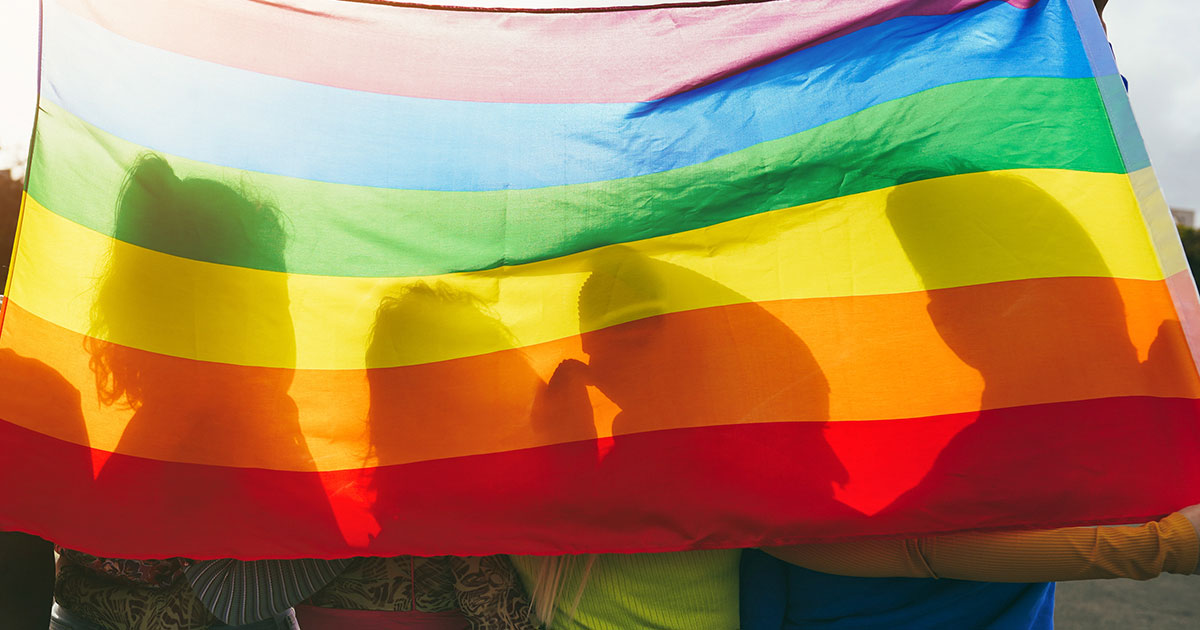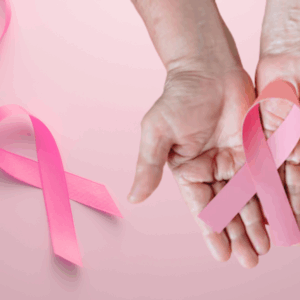The LGBTQIA+ community encompasses a diverse group of individuals who identify as a Lesbian, Gay, Bisexual, Transgender, Queer, Intersex, Asexual and other sexual orientations and gender identities. The acronym continues to evolve as the understanding of gender and sexual diversity expands.
Addressing mental health is paramount, impacting individuals universally, with particular complexity within the LGBTQIA+ community. The unique stressors experienced by LGBTQIA+ individuals, such as discrimination, stigma, and the process of coming out, can contribute to higher rates of mental health concerns. The risk of mental health issues among this community is due to various societal pressures and prejudices. Studies have shown that LGBTQIA+ individuals are more likely to experience mental health struggles, with the bisexual and transgender communities having the highest rates within the population. Younger members of the community are particularly vulnerable, often grappling with identity formation in a world that may not fully accept them. They experience mental health struggles at a higher rate, which is compounded by bullying, harassment, and a lack of supportive environments. The need for inclusive and affirming mental health resources is critical for this group, as they navigate their identities in a world that often shows them hostility rather than acceptance. Furthermore, bias and discrimination can trigger a variety of mental health problems, such as substance abuse, depression, anxiety, and suicide ideation. The fear of rejection and the stress of hiding one’s true self can exacerbate feelings of loneliness and isolation. Understanding these issues is the first step towards fostering a more inclusive and supportive society.
One of the most significant barriers to mental health for LGBTQIA+ individuals is the lack of access to competent care. Access to mental health services is crucial for addressing the unique challenges faced by LGBTQIA+ individuals. Mental health professionals can make a significant difference by offering inclusive and affirming care to address the specific needs of LGBTQIA+ patients. Mental health is a critical aspect of overall well-being, yet it often goes overlooked, especially in marginalized communities such as the LGBTQIA+. As a society, it is important to combat the stigma and discrimination that contribute to these mental health disparities. Promoting acceptance, providing education, and advocating for equal rights are all steps that can help alleviate the mental health concerns of LGBTQIA+ individuals. By creating a supportive environment, we can empower them to live openly and authentically, which is beneficial for their mental health and well-being.
In India, the struggles of the LGBTQIA+ community are compounded by cultural and societal norms that may not recognize or accept diverse sexual orientations and gender identities. Despite progress in some areas, many still face internalized homophobia and transphobia, leading to increased mental health issues. Internalized homophobia and transphobia can lead to higher rates of anxiety, depression, and suicidal ideation. Supportive environments and mental health resources are crucial to addressing these challenges and providing the necessary care. To support the mental health of individuals belonging to this community, it is essential to advocate for and provide access to LGBTQIA+-friendly mental health resources, educate ourselves and others about LGBTQIA+ identities and the mental health challenges they face, and most importantly, support the creation of inclusive policies and practices in educational, workplace, and healthcare settings. By taking these steps, we can help mitigate the mental health disparities faced by the LGBTQIA+ community and promote a society where everyone has the opportunity to thrive mentally and emotionally. It is a collective effort that requires understanding, compassion, and action from all of us.
Addressing the mental health concerns of the LGBTQIA+ community requires a multifaceted approach. It involves challenging societal attitudes, providing targeted support, and ensuring access to appropriate mental health services. However, it is not just about providing health services; it is also about fostering a culture of acceptance, respect, and equity. It is about recognizing the inherent dignity of every person and working to dismantle the barriers that impede their mental well-being. Everyone has an essential role to play in fostering a more accepting society in which people of different gender identities and sexual orientations thrive without fear of stigma or discrimination. Together, we can build a more inclusive world where mental health is a priority and diversity is celebrated.
About the Author: Kim Mercy Vaiphei is MPH Scholar at Edward & Cynthia Institute of Public Health – Advanced Technical Cooperation Center with Yenepoya ( DU).
Disclaimer: Views expressed are the author’s own. Edward & Cynthia Institute of Public Health or Yenepoya (Deemed to be University) are not responsible for contents or opinions reflected in this article.




